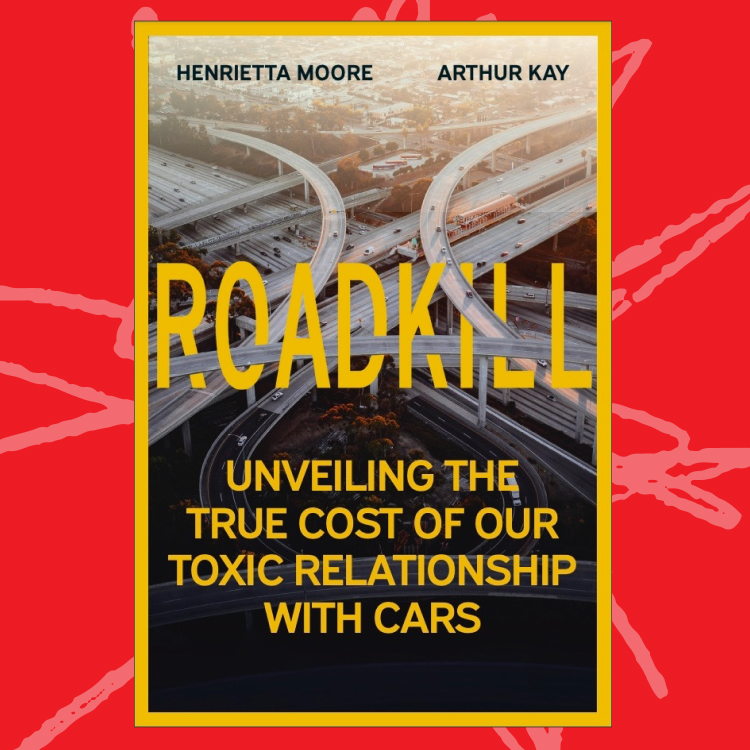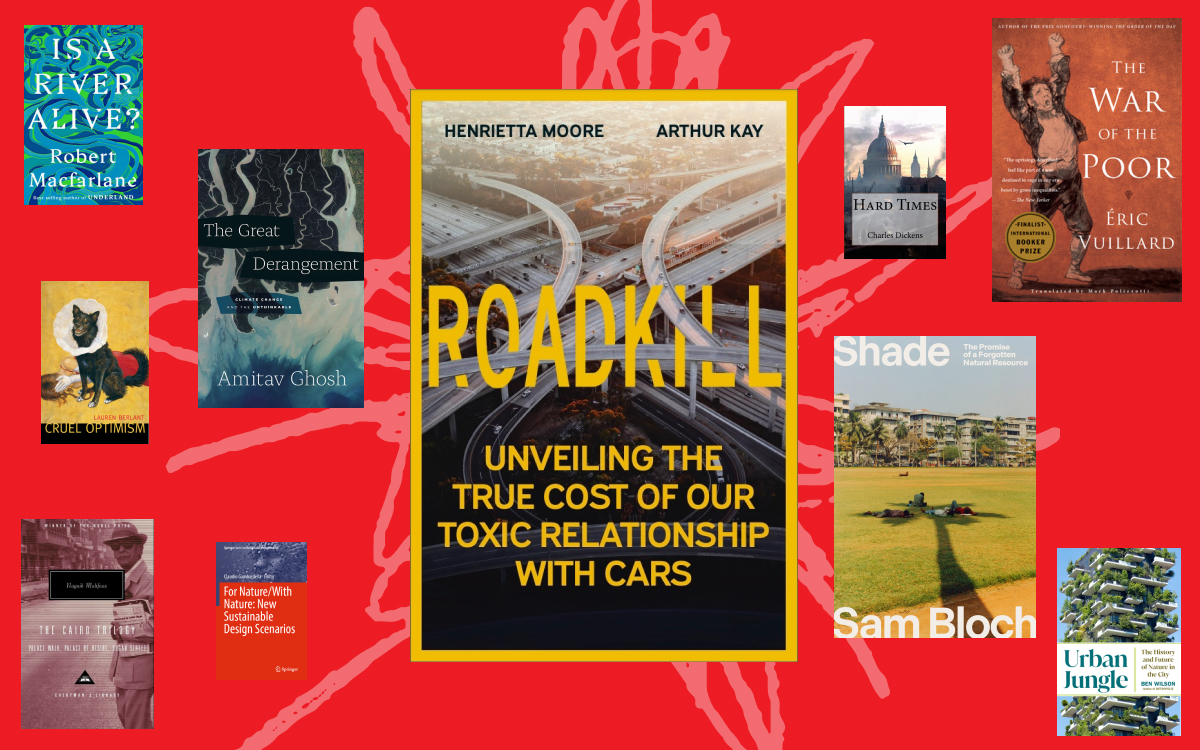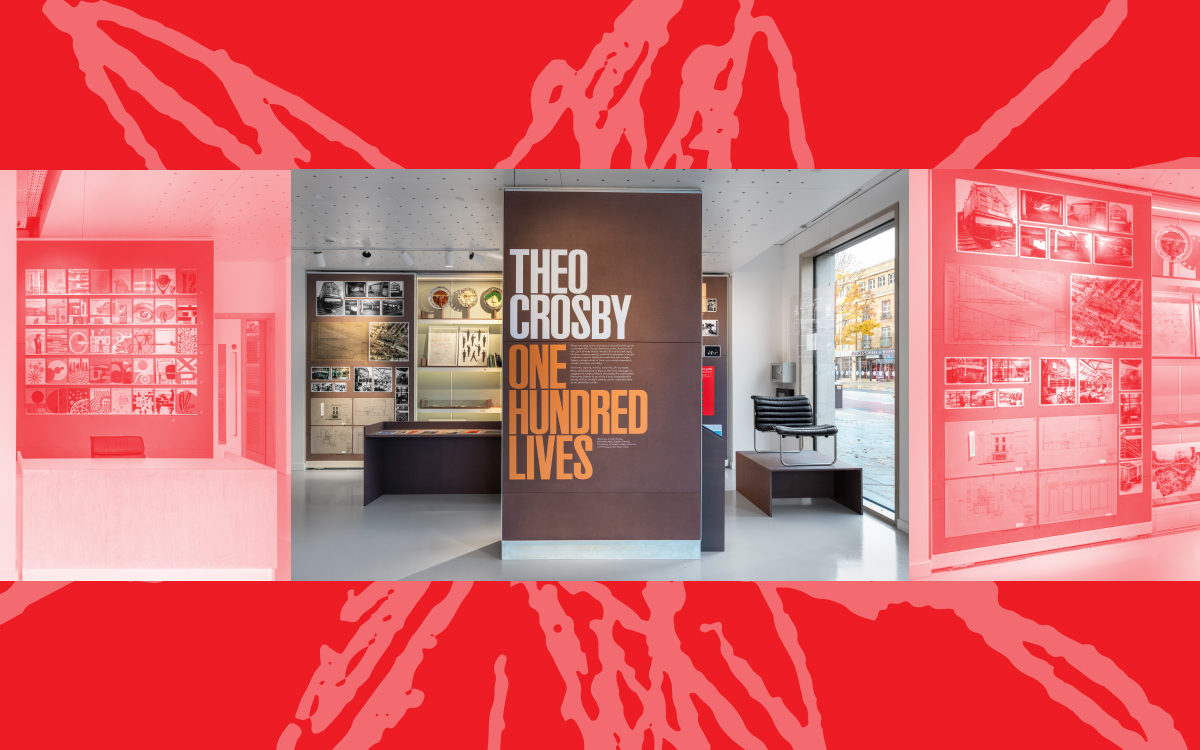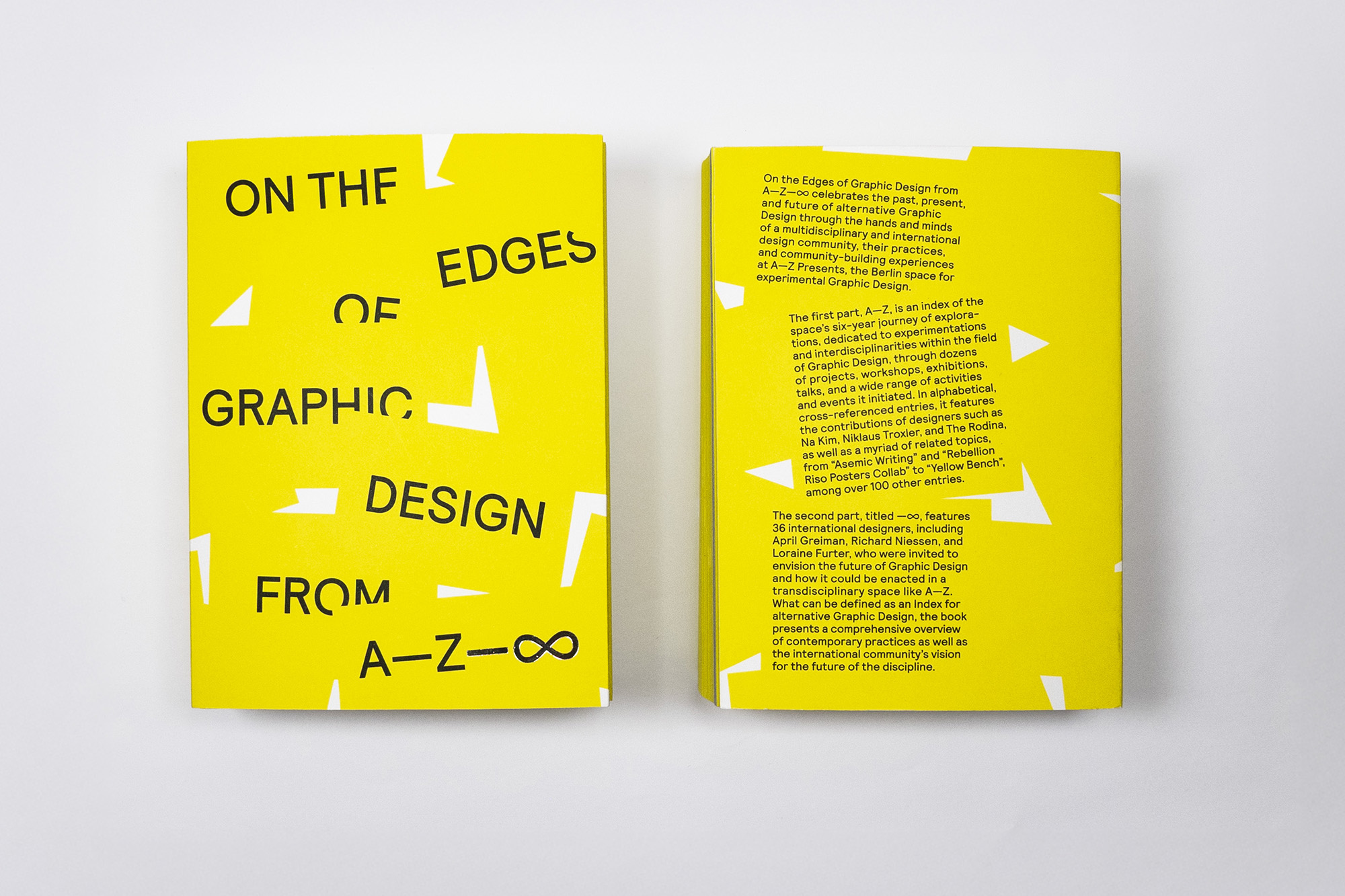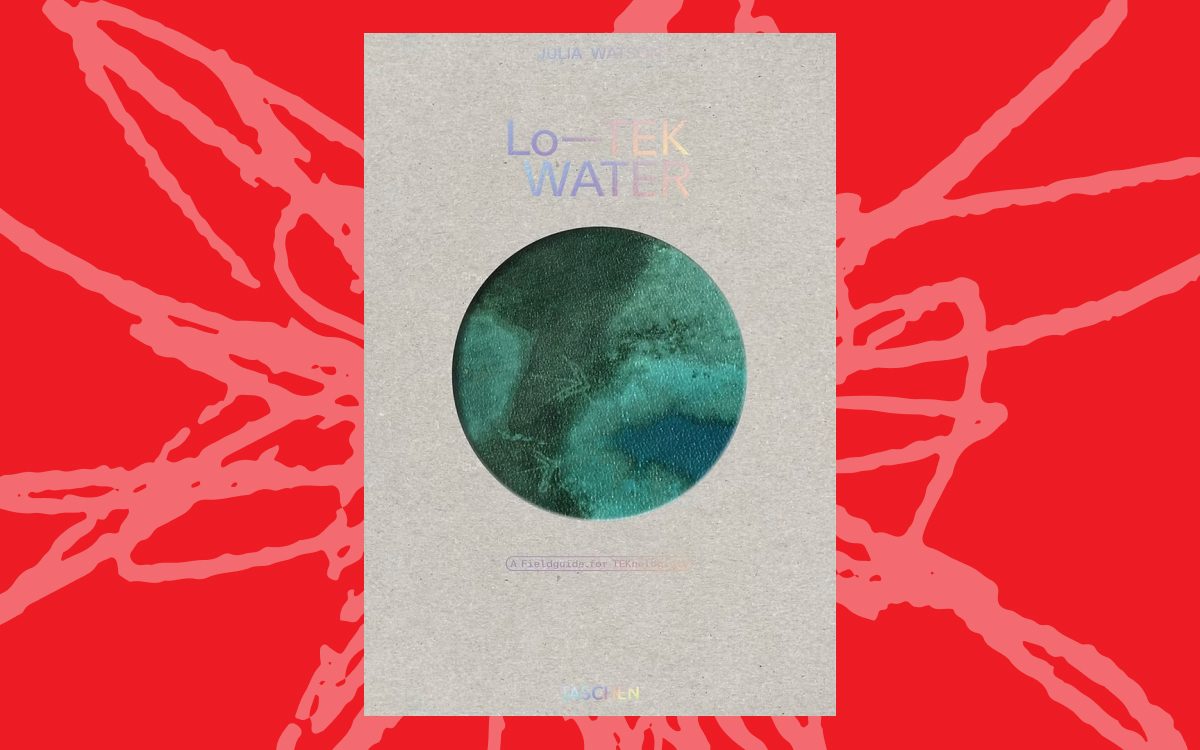Roadkill: Unveiling the True Cost of Our Toxic Relationship with Cars by Henrietta Moore and Arthur Kay explores the financial, social, ethical, and environmental impacts of our obsession with, and dependency on, cars. By examining the philosophical implications of car culture as well as practical impacts, they offer a new way of thinking about how to improve our cities.
We caught up with Henrietta and Arthur so they could recommend some of the books that have influenced them.
If the car is humanity’s worst invention, then why is it our most loved? Of course, on blogs, radio, and dense policy and academic discussions, there is no shortage of condemnation of this love affair: the consequences for us, our families, the planet, future generations, clean air and pretty much anything considered wholesome have been minutely and methodically detailed. But the car has become symbolic our reluctance to change course, even in the face of overwhelming scientific evidence and a widespread public unease about it. When the Beveridge report on welfare was published in the 1942, it highlighted freedom from want, disease, ignorance, squalor and idleness. A new world was proposed where people would be happier, healthier, wealthier. Around the world, these needs are still barely met, but what has been offered in their place is the notion of consumer choice, narrowing the field of liberties to those that can be met through consumption. This is the context in which the car became the symbol of so-called ‘choice.’
Roadkill breaks down the potent myths that divides societies around the world: namely, that the change we need is individual behavioural change. Secondly, the feeling that an attack on the car is an attack on our personal freedoms; and thirdly, we challenge the belief that all we need to do is to switch out our gas guzzler for an electric or autonomous car.
We bought into a vision of freedom; freedom from want, from geography, from history, the binds and bounds of society. A series of interlocking visions of the kind of people we wanted to be and the kind of world we wanted to live in. Often for better, sometimes for worse. It entangled itself with local histories, cultures and possibilities (post-colonial India was built as much around the Ambassador as that of post-war Germany was around the Volkswagen). Aspirations for modernity, for better quality of life and self-determination not only shaped personal life, but familial and social life too. Around the world cities, suburbs, landscapes and houses have all had to change to accommodate the car. So Roadkill asks, is this true freedom?
We bring views from me as an academic and thinker; and Arthur as an award-winning entrepreneur. Most books are focussed on the US, and a few touch on Europe, but very few successfully tackle the Global South. We undertook new research undertaken and underpinned by UCL’s Institute for Global Prosperity, and conducted interviews with leading voices on both sides of the arguments. We have eight years’ experience of working and collaborating together on UCL white papers, and have Co-Founded and Co-chair the think tank Fast Forward 2030 Global network (UK, Lebanon, Kenya). We tackle the world’s biggest problems by inspiring entrepreneurs to use business as a force for good.
Most books in this space are technical or academic books, and are either targeted at a niche audience of experts (transport planners, policy makers), or strike a moralistic and cajoling tone. People are accused of not worrying about dying prematurely, believing in climate change, or caring about the coming generations. But Roadkill starts from somewhere else. Somewhere our reader can identify with by telling the story of the car from a human point of view. We evidence the enormous damage caused by cars to our public finances, personal finances, cities, landscapes, air quality, natural environment, atmosphere, health, safety, quality of life, relationships, and happiness. It’s a story of false freedoms; a ‘cruel optimism’ animated by constructed aspirations and realisations of desire.
The book that most influenced you while working on yours
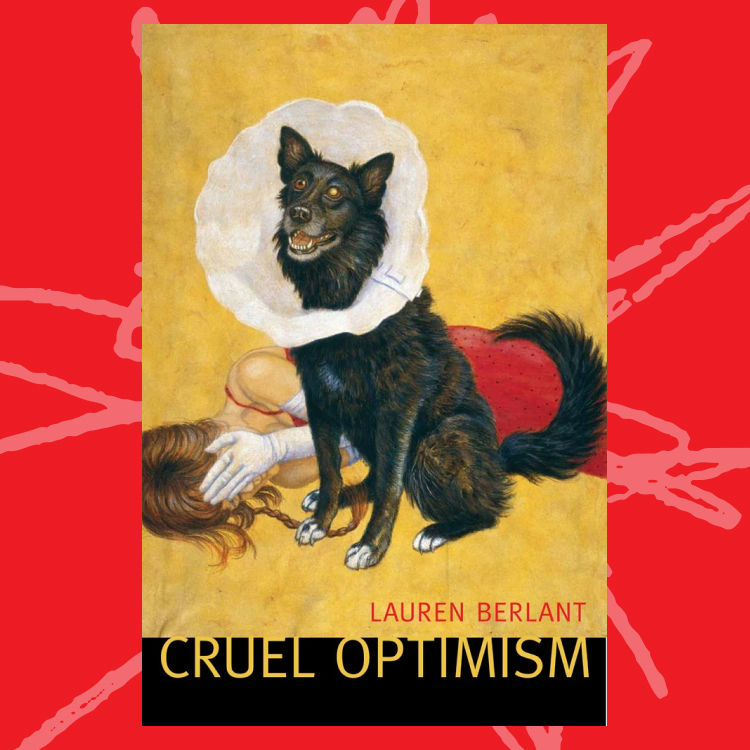
Cruel Optimism by Lauren Berlant
A book that has influenced how you write
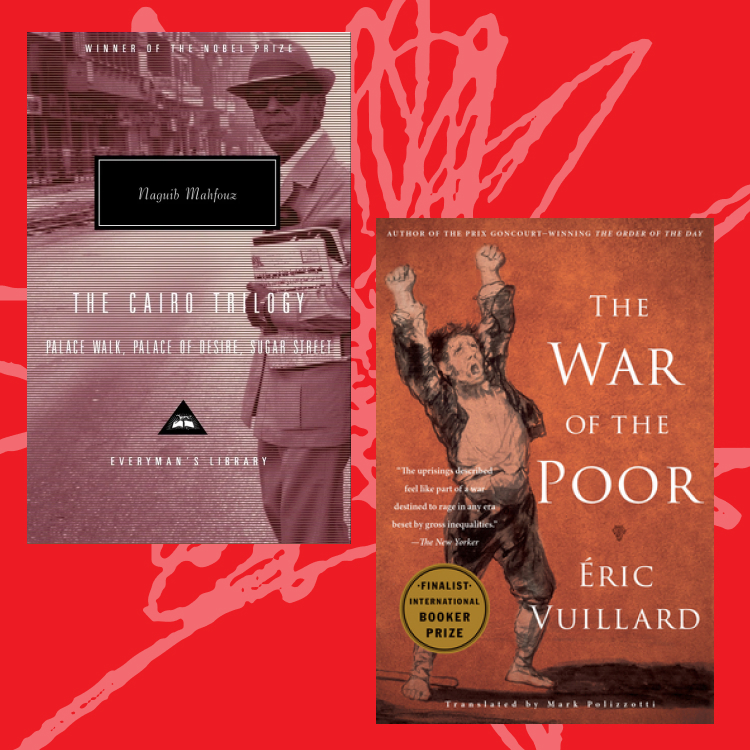
The Cairo Trilogy by Naguib Mahfouz and The War of the Poor by Eric Vuillard
A fiction book that’s influenced your work
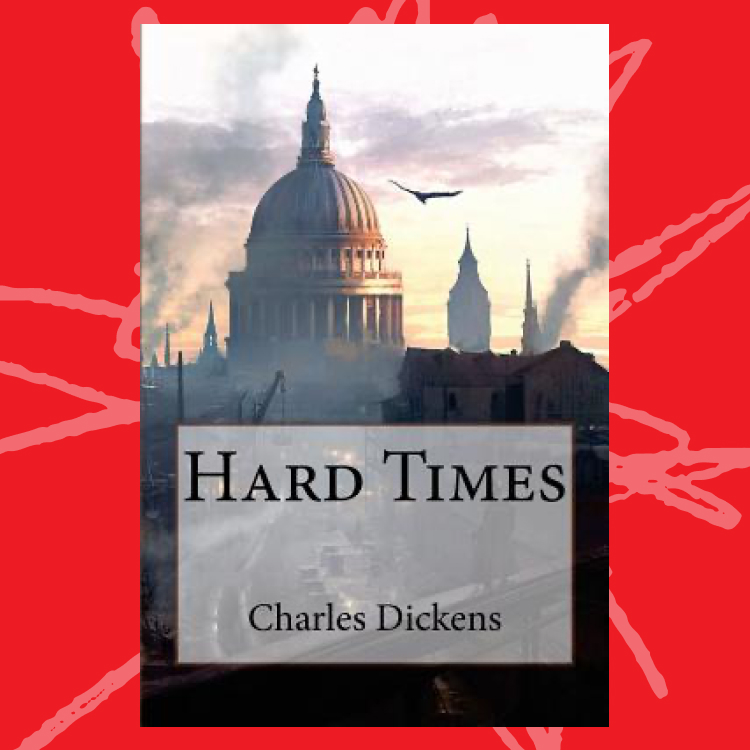
A book more designers should read
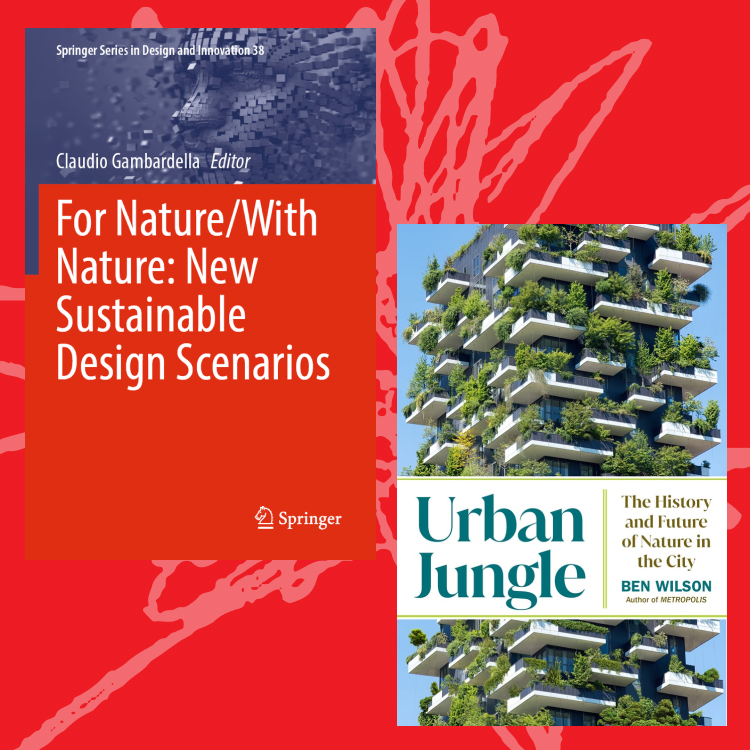
For Nature/With Nature by Claudio Gambardella and Urban Jungle by Ben Wilson
A forgotten book from your personal library you wish more people knew about
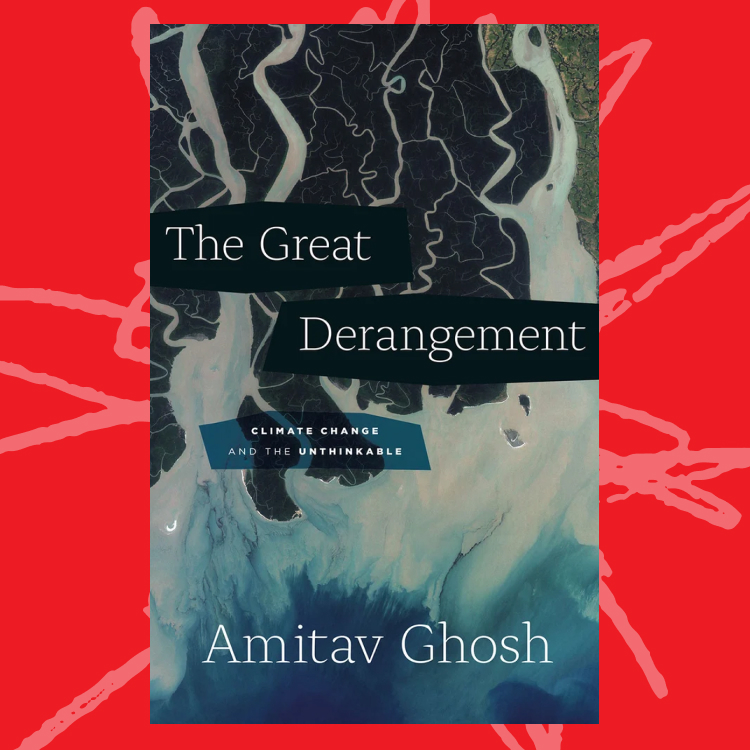
The Great Derangement by Amitav Ghosh
A book readers should turn to after reading Roadkill
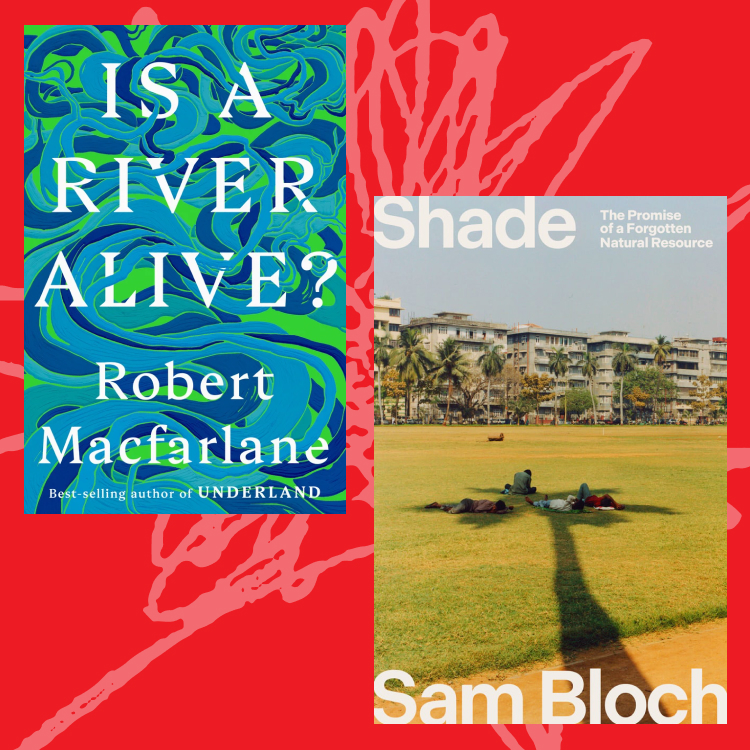
Is a River Alive? by Robert MacFarlane and Shade by Sam Block
